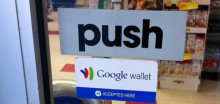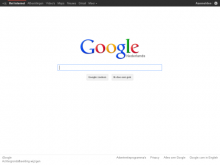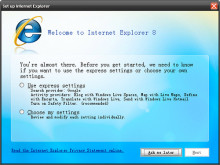Google Drive nears launch: Will it crush Dropbox?
Google Drive has been spinning around in the rumour mill for months now, but according to word from the Wall Street Journal, the cloud storage service is set to go live any moment now. Will a seamlessly integrated storage service drop a bomb on rivals like Dropbox?
Google Drive is the search giant’s answer to iCloud, Dropbox, Sky Drive and the myriad other online storage solutions. While Google Docs currently lets you store all manner of files to the tune of 1GB, but you have to pay for more and there are limits to do with file sizes for certain types of documents.













































































